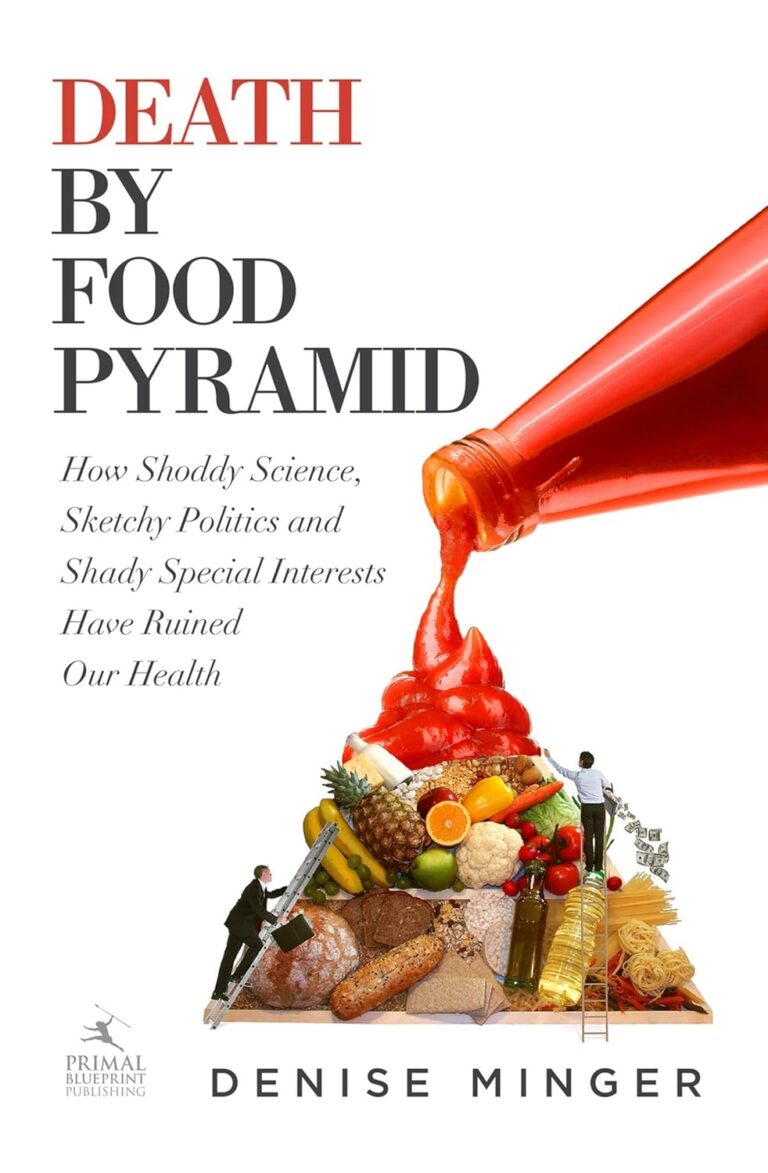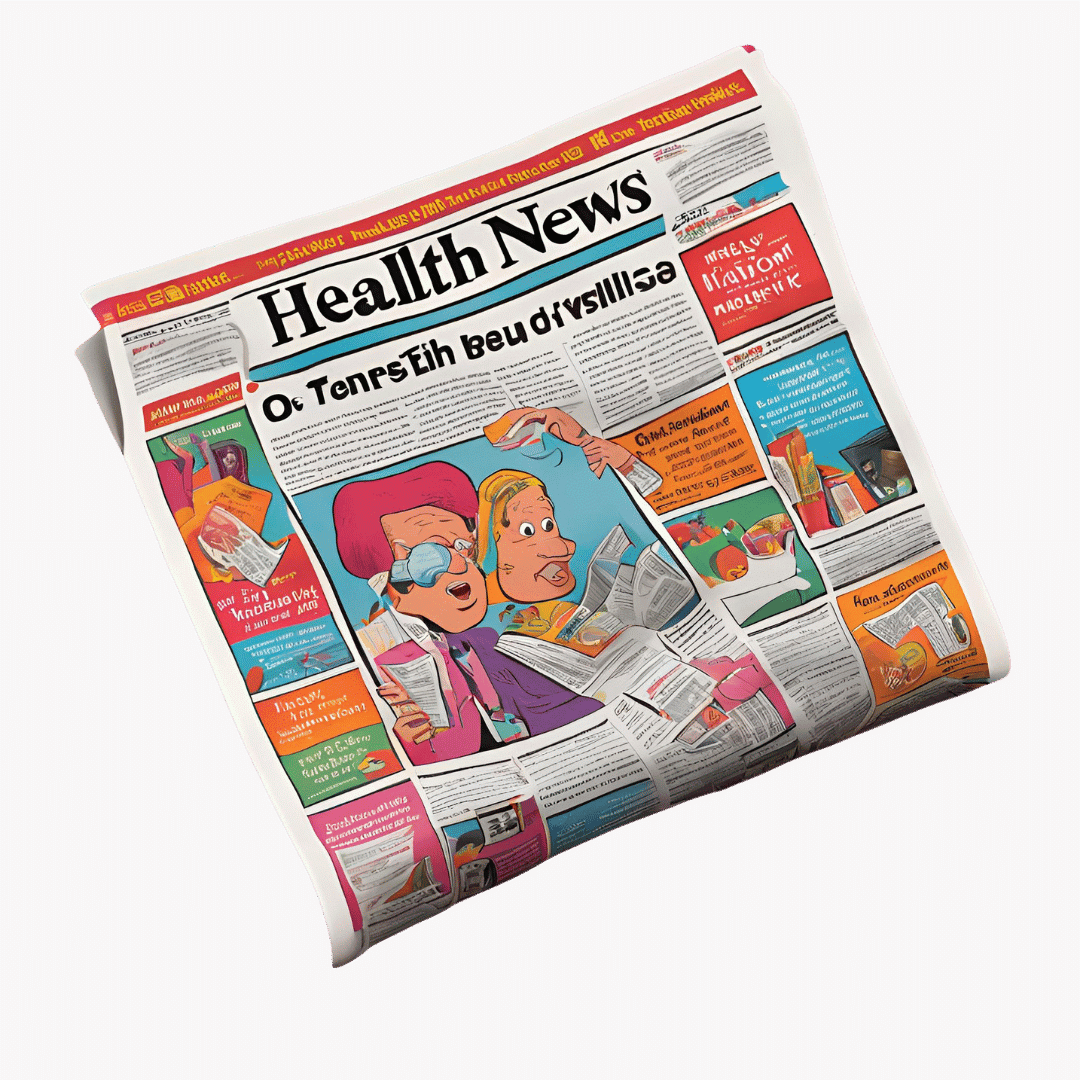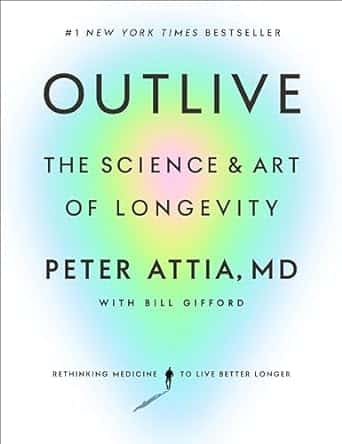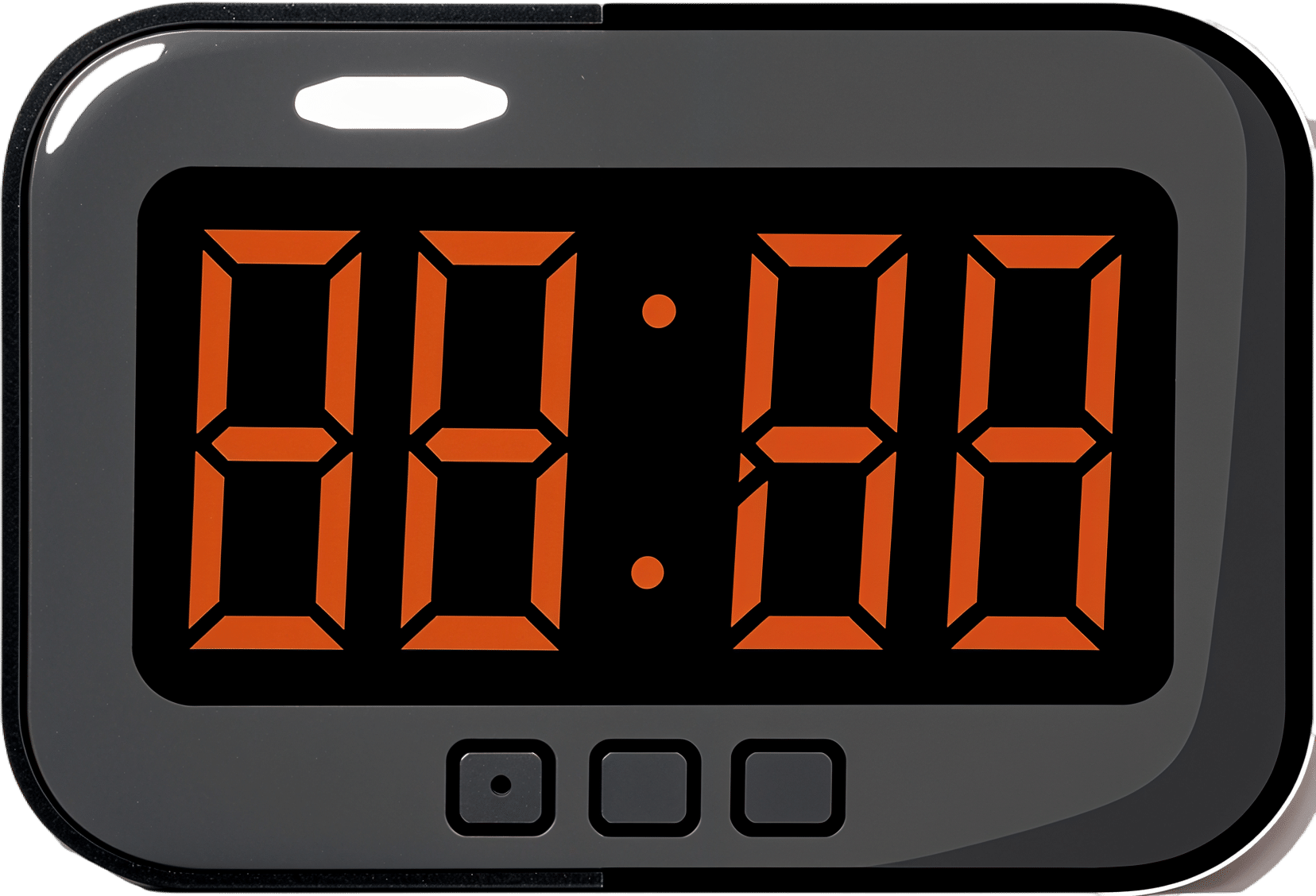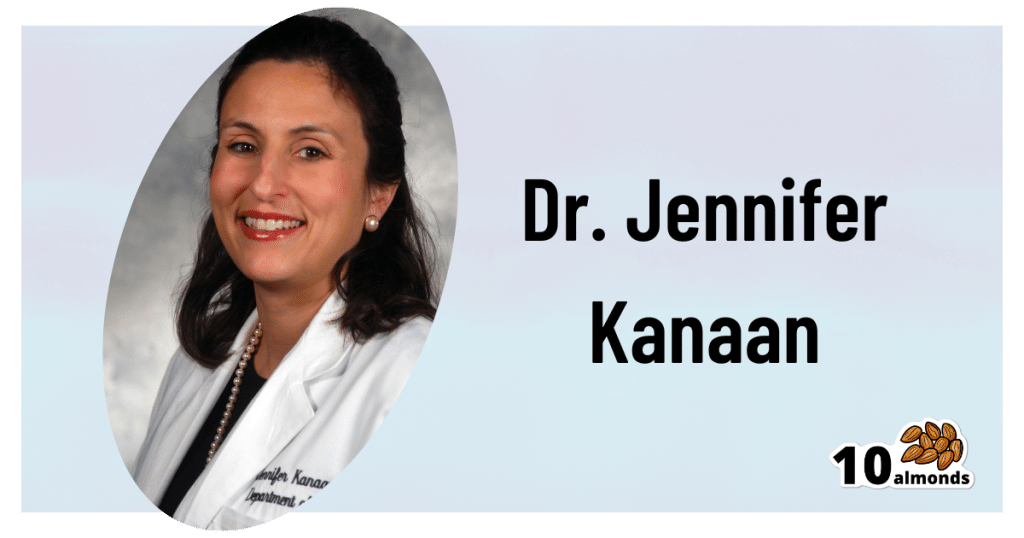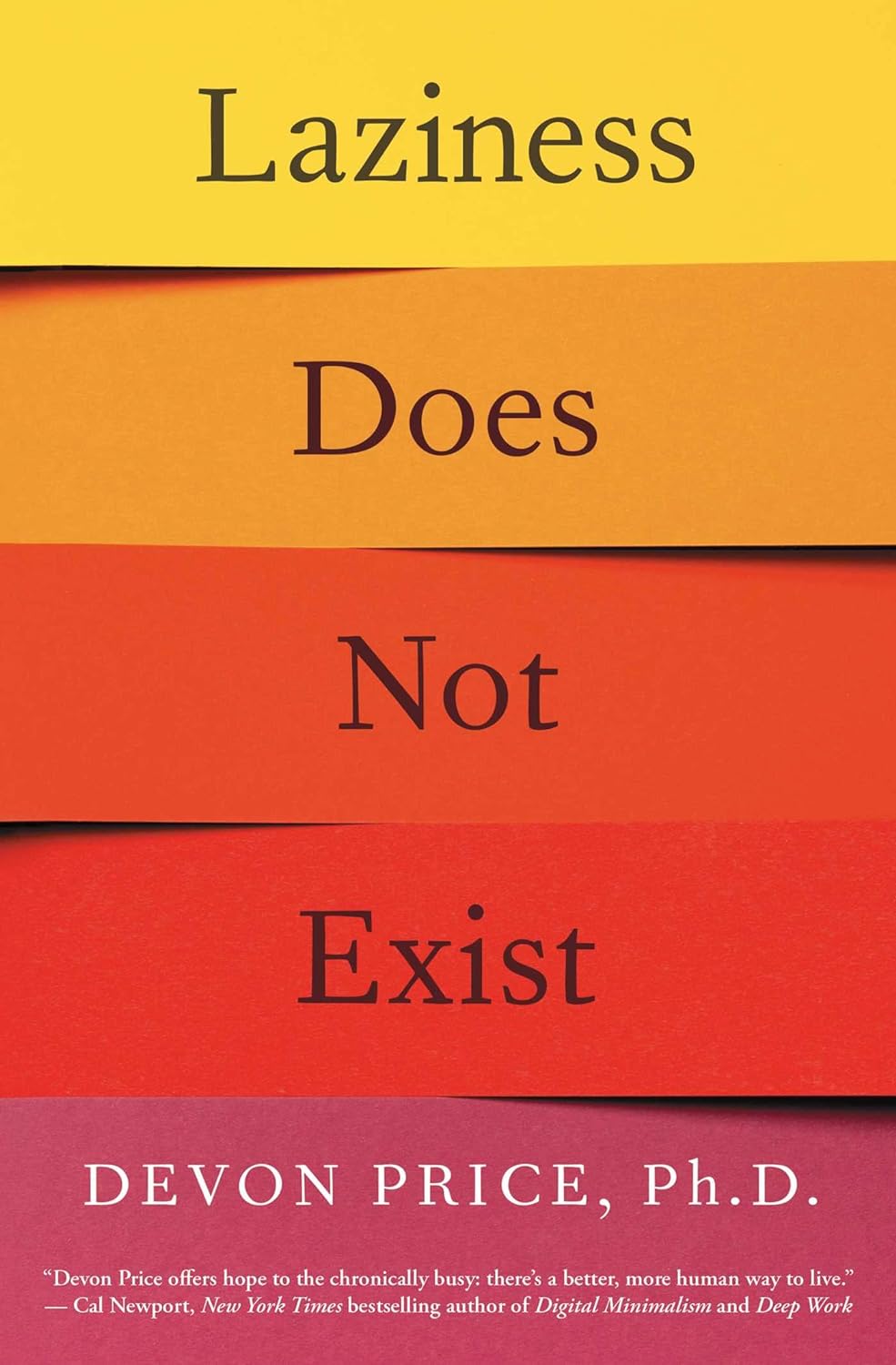
Laziness Does Not Exist – by Dr. Devon Price
10almonds is reader-supported. We may, at no cost to you, receive a portion of sales if you purchase a product through a link in this article.
Some cultures prize productivity as an ideal above most other things, and it’s certainly so in the US. Not only is this not great for mental health in general, but also—as Dr. Price explains—it’s based on a lie.
Generally speaking, when a person appears lazy there is something stopping them/you from doing better, and it’s not some mystical unseen force of laziness, not a set character trait, not a moral failing. Rather, the root cause may be physical, psychological, socioeconomic, or something else entirely.
Those causes can in some cases be overcome (for example, a little CBT can often set aside perfectionist anxiety that results in procrastination), and in some cases they can’t, at least on an individual level (disabilities often stubbornly remain disabling, and societal problems require societal solutions).
This matters for our mental health in areas well beyond the labor marketplace, of course, and these ideas extend to personal projects and even personal relationships. Whatever it is, if it’s leaving you exhausted, then probably something needs to be changed (even if the something is just “expectations”).
The book does offer practical solutions to all manner of such situations, improving what can be improved, making easier what can be made easier, and accepting what just needs to be accepted.
The style of this book is casual yet insightful and deep, easy-reading yet with all the acumen of an accomplished social psychologist.
Bottom line: if life leaves you exhausted, this book can be the antidote and cure
Click here to check out Laziness Does Not Exist, and break free!
Don’t Forget…
Did you arrive here from our newsletter? Don’t forget to return to the email to continue learning!
Recommended
Learn to Age Gracefully
Join the 98k+ American women taking control of their health & aging with our 100% free (and fun!) daily emails:
-
From Lupus To Arthritis: New Developments
10almonds is reader-supported. We may, at no cost to you, receive a portion of sales if you purchase a product through a link in this article.
This week’s health news round-up highlights some things that are getting better, and some things that are getting worse, and how to be on the right side of both:
New hope for lupus sufferers
Lupus is currently treated mostly with lifelong medications to suppress the immune system, which is not only inconvenient, but also can leave people more open to infectious diseases. The latest development uses CAR T-cell technology (as has been used in cancer treatment for a while) to genetically modify cells to enable the body’s own immune system to behave properly:
Read in full: Exciting new lupus treatment could end need for lifelong medication
Related: How to Prevent (Or Reduce The Severity Of) Inflammatory Diseases
It’s in the hips
There are a lot of different kinds of hip replacements, and those with either delta ceramic or oxidised zirconium head with a highly cross-linked polyethylene liner/cup have the lowest risk of need for revision in the 15 years after surgery. This is important, because obviously, once it’s in there, you want it to be able to stay in there and not have to be touched again any time soon:
Read in full: Study identifies hip implant materials with the lowest risk of needing revision
Related: Nobody Likes Surgery, But Here’s How To Make It Much Less Bad
Sooner is better than later
Often, people won’t know about an unwanted pregnancy in the first six weeks, but for those who are able to catch it early, Very Early Medical Abortion (VEMA) offers a safe an effective way of doing so, with success rate being linked to earliness of intervention:
Read in full: Very early medication abortion is effective and safe, study finds
Related: What Might A Second Trump Presidency Look Like for Health Care?
Increased infectious disease risks from cattle farms
Many serious-to-humans infectious diseases enter the human population via the animal food chain, and in this case, bird flu becoming more rampant amongst cows is starting to pose a clear threat to humans, so this is definitely something to be aware of:
Read in full: Bird flu infects 1 in 14 dairy workers exposed; CDC urges better protections
Related: With Only Gloves To Protect Them, Farmworkers Say They Tend Sick Cows Amid Bird Flu
Herald of woe
Gut health affects most of the rest of health, and there are a lot of links between gut and bone health. In this case, an association has been found between certain changes in the gut microbiome, and subsequent onset of rheumatoid arthritis:
Read in full: Changes in gut microbiome could signal onset of rheumatoid arthritis
Related: Stop Sabotaging Your Gut
Take care!
Share This Post
-
Outlive – by Dr. Peter Attia
10almonds is reader-supported. We may, at no cost to you, receive a portion of sales if you purchase a product through a link in this article.
We know, we know; this diet, that exercise, don’t smoke or drink, get decent sleep”—a lot of books don’t go beyond this level of advice!
What Dr. Attia offers is a multi-vector approach that covers the above and a lot more.
Themes of the book include:
- The above-mentioned things, of course
- Rethinking medicine for the age of chronic disease
- The pros and cons of…
- caloric restriction
- dietary restriction
- intermittent fasting
- Pre-emptive interventions for…
- specific common cause-of-death conditions
- specific common age-related degenerative conditions
- The oft-forgotten extra pillar of longevity: mental health
The last one in the list there is covered mostly in the last chapter of the book, but it’s there as a matter of importance, not as an afterthought. As Dr. Attia puts it, not only are you less likely to take care of your physical health if you are (for example) depressed, but also… “Longevity is meaningless if your life sucks!”
So, it’s important to do things that promote and maintain good physical and mental health.
Bottom line: if you’re interested in happy, healthy, longevity, this is a book for you.
Click here to check out Dr. Attia’s “Outlive” on Amazon today!
Share This Post
-
The Snooze-Button Controversy
10almonds is reader-supported. We may, at no cost to you, receive a portion of sales if you purchase a product through a link in this article.
To Snooze Or Not To Snooze? (Science Has Answers)
This is Dr. Jennifer Kanaan. She’s a medical doctor with a focus on pulmonary critical care, sleep disorders, and sleep medicine.
What does she want to tell us?
She wants us to be wary of the many news articles that have jumped on a certain recent sleep study, such as:
- Is hitting the snooze button really a bad idea? Study sheds light on the impact of morning alarms on sleep and cognition
- Hitting Snooze May Help You Feel Less Sleepy and More Alert, Research Says
- Is it okay to press the snooze button?
- Hitting Snooze May Help You Feel Less Sleepy and More Alert, Research Says
- Hitting the snooze button on your alarm doesn’t make you more tired
For the curious, here is the paper itself, by Dr. Tina Sundelin et al. It’s actually two studies, by the way, but one paper:
The authors of this study concluded:
❝There were no clear effects of snoozing on the cortisol awakening response, morning sleepiness, mood, or overnight sleep architecture.
A brief snooze period may thus help alleviate sleep inertia, without substantially disturbing sleep, for late chronotypes and those with morning drowsiness.❞
Notably, people tend to snooze because an alarm clock will, if not “smart” about it, wake us up mid sleep-cycle more often than not, and that will produce a short “sleep hangover”. By snoozing, we are basically re-rolling the dice on being woken up between sleep cycles, and thus feeling more refreshed.
What’s Dr. Kanaan’s counterpoint?
Dr. Kanaan says:
❝If you’re coming in and out of sleep for 30 minutes, after the alarm goes off the first time, you’re costing yourself 30 minutes of uninterrupted, quality, restorative sleep. This study doesn’t change that fact.❞
She advises that rather than snoozing, we should prioritize getting good sleep in the first place, and once we do wake up, mid sleep-cycle or not, get sunlight. That way, our brain will start promptly scrubbing melatonin and producing the appropriate wakefulness hormones instead. That means serotonin, and also a spike of cortisol.
Remember: cortisol is only bad when it’s chronically elevated. It’s fine, and even beneficial, to have a short spike of cortisol. We make it for a reason!
If you’d like to hear more from Dr. Kanaan, you might like this interview with her at the University of Connecticut:
Want the best of both worlds?
A great option to avoid getting woken in the middle of a sleep cycle, and also not needing to hit snooze, is a sunrise alarm clock. Specifics of these devices vary, but for example, the kind this writer has starts gently glowing an hour before the set alarm time,and gradually gets brighter and lighter over the course of the hour.
We don’t sell them, but here’s an example sunrise alarm clock on Amazon, for your convenience
Share This Post
Related Posts
-
Apple Cider Vinegar vs Apple Cider Vinegar Gummies – Which is Healthier?
10almonds is reader-supported. We may, at no cost to you, receive a portion of sales if you purchase a product through a link in this article.
Our Verdict
When comparing apple cider vinegar (bottled) to apple cider vinegar (gummies), we picked the bottled.
Why?
There are several reasons!
The first reason is about dosage. For example, the sample we picked for apple cider vinegar gummies, boasts:
❝2 daily chewable gummies deliver 800 mg of Apple Cider Vinegar a day, equivalent to a teaspoon of liquid apple cider vinegar❞
That sounds good until you note that it’s recommended to take 1–2 tablespoons (not teaspoons) of apple vinegar. So this would need more like 4–8 gummies to make the dose. Suddenly, either that bottle of gummies is running out quickly, or you’re just not taking a meaningful dose and your benefits will likely not exceed placebo.
The other is reason about sugar. Most apple cider vinegar gummies are made with some kind of sugar syrup, often even high-fructose corn syrup, which is one of the least healthy foodstuffs (in the loosest sense of the word “foodstuffs”) known to science.
The specific brand we picked today was the best we can find; it used maltitol syrup.
Maltitol syrup, a corn derivative (and technically a sugar alcohol), has a Glycemic Index of 52, so it does raise blood sugars but not as much as sucrose would. However (and somewhat counterproductive to taking apple cider vinegar for gut health) it can cause digestive problems for many people.
And remember, you’re taking 4–8 gummies, so this is amounting to several tablespoons of the syrup by now.
On the flipside, apple cider vinegar itself has two main drawbacks, but they’re much less troublesome issues:
- many people don’t like the taste
- its acidic nature is not good for teeth
To this the common advice for both is to dilute it with water, thus diluting the taste and the acidity.
(this writer shoots hers from a shot glass, thus not bathing the teeth since it passes them “without touching the sides”; as for the taste, well, I find it invigorating—I do chase it with water, though to be sure of not leaving vinegar in my mouth)
Want to check them out for yourself?
Here they are:
Apple cider vinegar | Apple cider vinegar gummies
Want to know more about apple cider vinegar?
Check out:
- An Apple (Cider Vinegar) A Day…
- 10 Ways To Balance Blood Sugars
- How To Recover Quickly From A Stomach Bug
Take care!
Don’t Forget…
Did you arrive here from our newsletter? Don’t forget to return to the email to continue learning!
Learn to Age Gracefully
Join the 98k+ American women taking control of their health & aging with our 100% free (and fun!) daily emails:
-
One Critical Mistake That Costs Seniors Their Mobility
10almonds is reader-supported. We may, at no cost to you, receive a portion of sales if you purchase a product through a link in this article.
Will Harlow, the over-50s specialist physio, advises what to do instead:
Nose over toes
Often considered the most important test of mobility in later life (or in general, but later life is when it tends to decline) is the ability to get up off the floor without using your arms.
Many seniors, meanwhile, struggle to get out of a chair without using their arms.
Now, sitting in chairs in the first place is not good for the health, but that’s another matter and beyond the scope of today’s article.
If, perchance, you struggle to get up from a chair (especially if it’s low/deep, like many armchairs are) without using your hands, then here’s the way to do it:
- While practicing, cross your arms in front of you, so that you cannot use them.
- Shuffle yourself towards the front of the chair. No, don’t use your arms for this either, do a little butt-walk instead, to get you to the front edge of the chair.
- Lean forwards to position your nose over your toes (hence the mnemonic: “nose over toes”; memorize that!), as this will put your center of gravity where it needs to be.
- Now, push with your feet to rise up and forwards; slowly is better than quickly (quickly may be easier, but slowly will improve your strength and balance).
For more on all of this plus a visual demonstration, enjoy:
Click Here If The Embedded Video Doesn’t Load Automatically!
Want to learn more?
You might also like to read:
Take care!
Don’t Forget…
Did you arrive here from our newsletter? Don’t forget to return to the email to continue learning!
Learn to Age Gracefully
Join the 98k+ American women taking control of their health & aging with our 100% free (and fun!) daily emails:
-
Which Gadgets Help, & Which Are A Waste Of Time?
10almonds is reader-supported. We may, at no cost to you, receive a portion of sales if you purchase a product through a link in this article.
It’s Q&A Day at 10almonds!
Have a question or a request? We love to hear from you!
In cases where we’ve already covered something, we might link to what we wrote before, but will always be happy to revisit any of our topics again in the future too—there’s always more to say!
As ever: if the question/request can be answered briefly, we’ll do it here in our Q&A Thursday edition. If not, we’ll make a main feature of it shortly afterwards!
So, no question/request too big or small 😎
❝I’m a 67- year old yoga teacher and runner. A lifelong runner, I started long distance running when I was 58. One of my friends loves rucking? I recently bought a rucking vest. Your thoughts? Any risks?
As a perk of my yoga instructor job I get cryotherapy, red light therapy, infrared sauna, and Normatec boots for a nominal fee. Even though they are almost free, I don’t take advantage of them as I can’t find evidence of their value and don’t want to waste my time. Do you recommend any of them?❞On rucking and rucking vests
First, for any unfamiliar, this is about walking/running/exercising in general, with a weighted backpack or weight vest.
As for whether this is beneficial, it depends on your goals. Once upon a very long time ago when this writer was a soldier, it was vitally important to for me be able to [fall from the sky and then] run about 2km carrying a certain (hefty) amount of weight and still be able to fight at the other end of it, or else I would die. Thus, between deployments, I’d often carry a sturdy rucksack with concrete slabs in it, to keep myself accustomed to that burden (funny story: someone once tried to steal that when I had put it down while doing something—the would-be thief fell over instantly and then ran away empty-handed). And, here’s the thing: this kind of training did for me what I needed it to do for me. As a 67-year-old yoga teacher, your needs are probably very different.
A common reason to use weight vests is in an effort against osteoporosis, but the evidence is lacking (or very weak, at best), as we wrote about a while back:
Weight Vests Against Osteoporosis: Do They Really Build Bone?
With regard to risks… Let’s put it this way: my old regiment, in addition to the usual soldierly problems like hearing damage and PTSD, has quite a reputation for producing veterans with spinal compression injuries. And that’s entirely because of the whole “running with a large amount of weight strapped to us” thing. So, you probably don’t want that.
If you are going to do that though, then:
- a weight best is a lot better than a backpack (better distribution of weight)
- start with low weight and work up, and don’t push your limits
We’re not the boss of you, so by all means do as you see fit, but unless there’s a special reason why being able to run with a heavy weight is important to you, then running with a light weight is already more than good enough.
About those job perks
Again, of course, it depends on what you hope to get out of them, but in some cases there is a lot of evidence for benefit.
On cryotherapy: Ice Baths: To Dip Or Not To Dip? ← there are definite benefits for most people!
On red light therapy: Red Light, Go! Casting Yourself In A Healthier Light ← there are some caveats re people who should not do this or at least should be very wary, but for most people, this does a lot of good, and is very well-evidenced to be beneficial
On infrared saunas: we’re unaware of any special evidence in favor of these. However, traditional saunas have plenty of well-evidenced benefits: Saunas: Health Benefits (& Caveats)
On Normatec boots: for the unfamiliar, this is a brand name for compression technology. Again, it depends on what you want to get out of it, though. If you are in good health, then what it’s generally being advertised for is to prevent/reduce exercise-induced muscle damage caused by the stress that endurance training can place on skeletal muscle. Just one problem—it doesn’t seem to work:
❝Athletes attempt to aid their recovery in various ways, one of which is through compression. Dynamic compression consists of intermittent pneumatic compression (IPC) devices, such as the NormaTec Recovery System and Recovery Pump
Clinical Question: What are the effects of IPC on the reduction of Exercise-Induced Muscle Damage (EIMD) in endurance athletes following prolonged exercise? Summary of Key Findings: The current literature was searched to identify the effects of IPC, and 3 studies were selected: 2 randomized controlled trials and 1 randomized cross-over study. Two studies investigated the effect of IPC on delayed onset muscle soreness and plasma creatine kinase in ultramarathoners. The other looked at the impact of IPC on delayed onset muscle soreness in marathoners, ultramarathoners, triathletes, and cyclists.
All studies concluded IPC was not an effective means of improving the reduction of EIMD in endurance-trained athletes.❞
However! If you have lipedema and/or lymphedema and want to manage that, then compression gear may help:
Take care!
Don’t Forget…
Did you arrive here from our newsletter? Don’t forget to return to the email to continue learning!
Learn to Age Gracefully
Join the 98k+ American women taking control of their health & aging with our 100% free (and fun!) daily emails:

